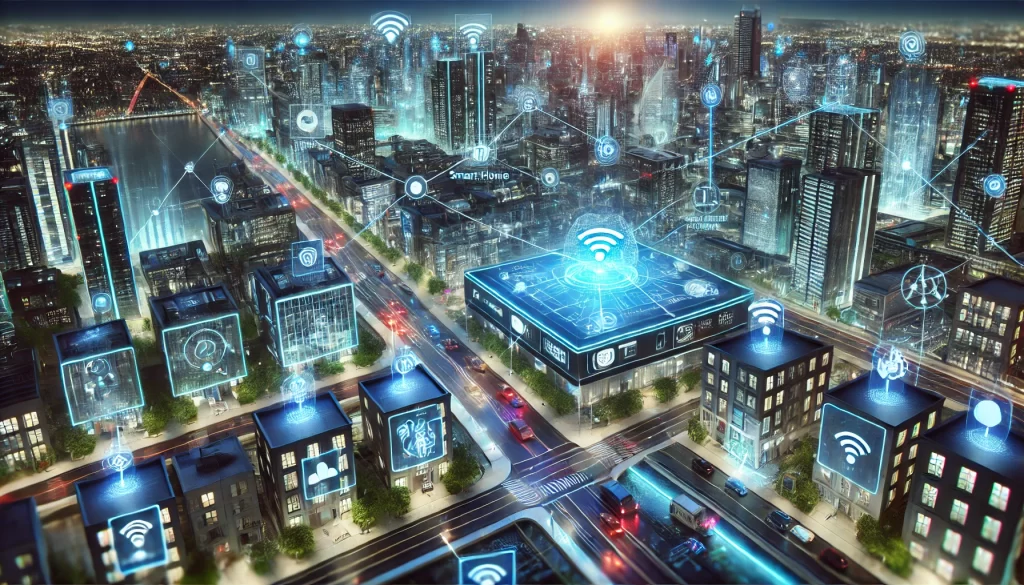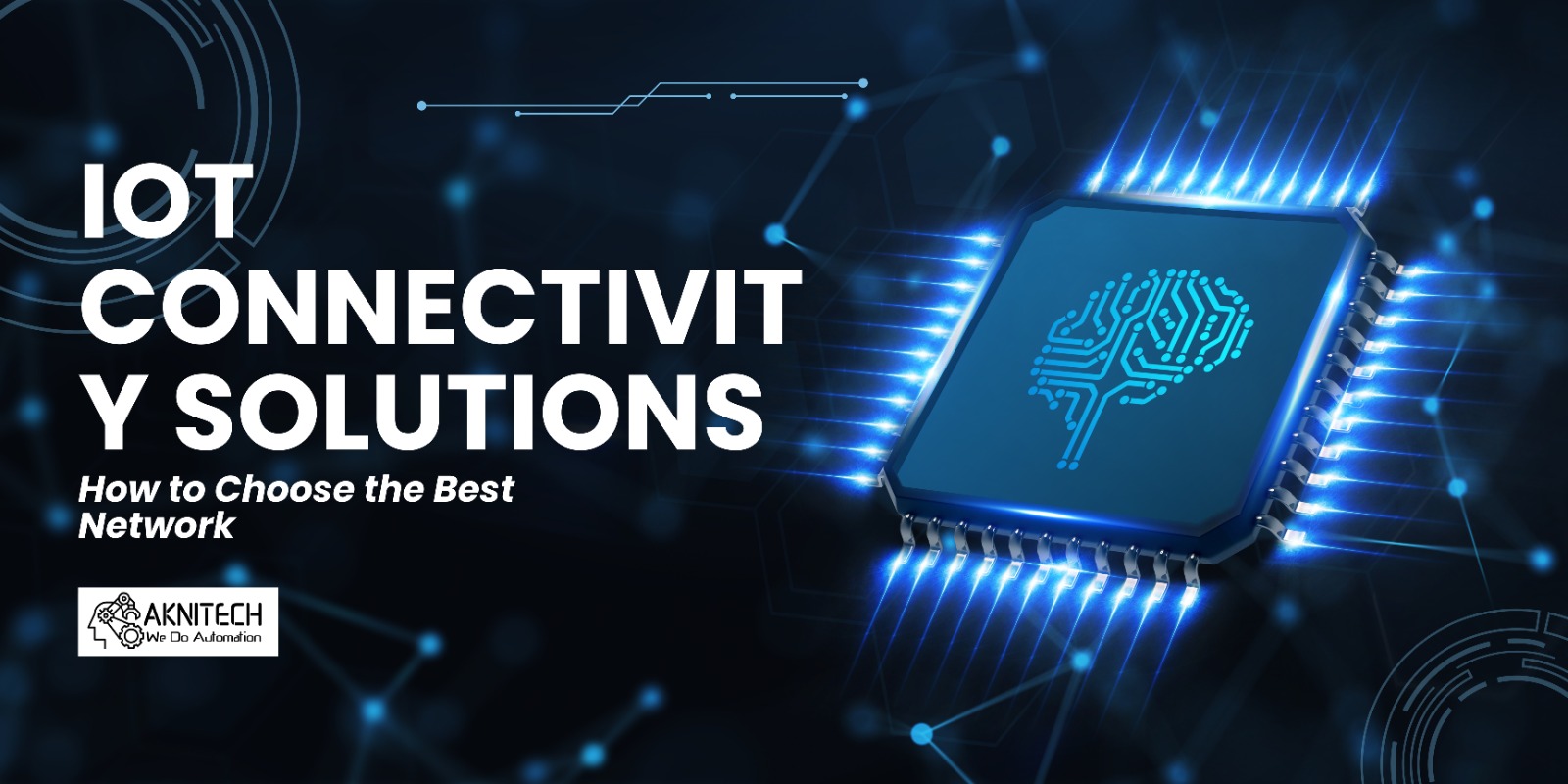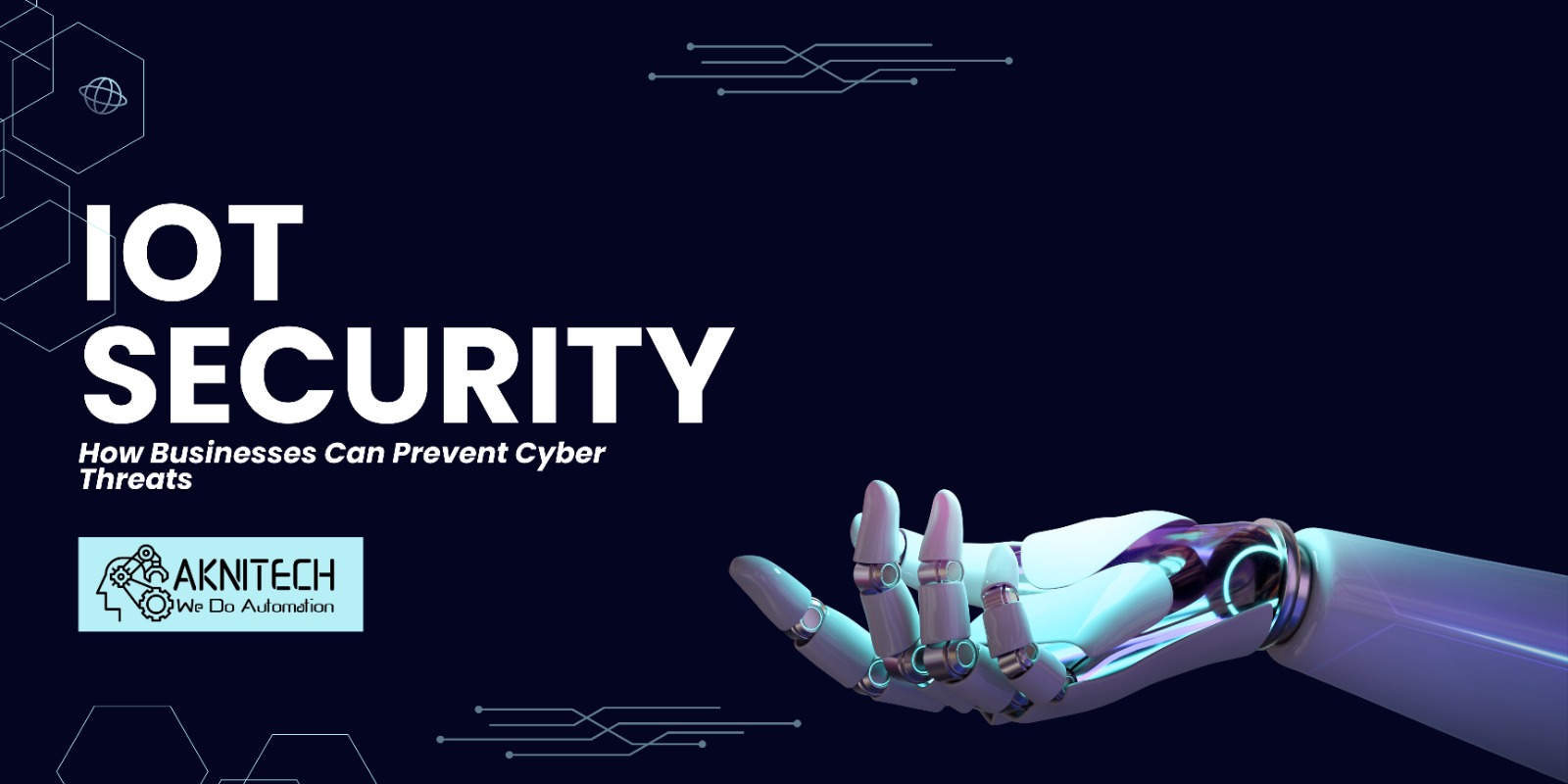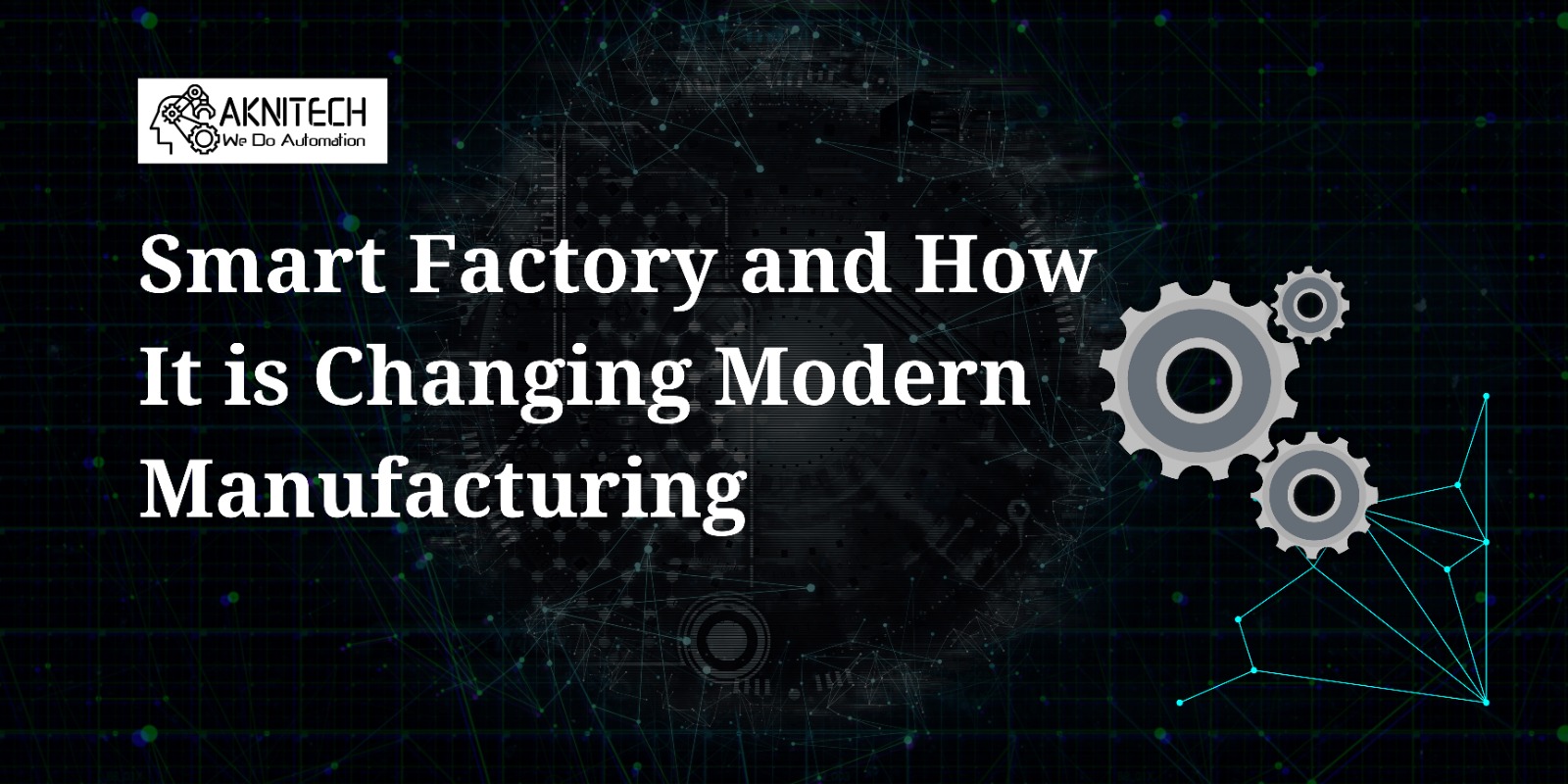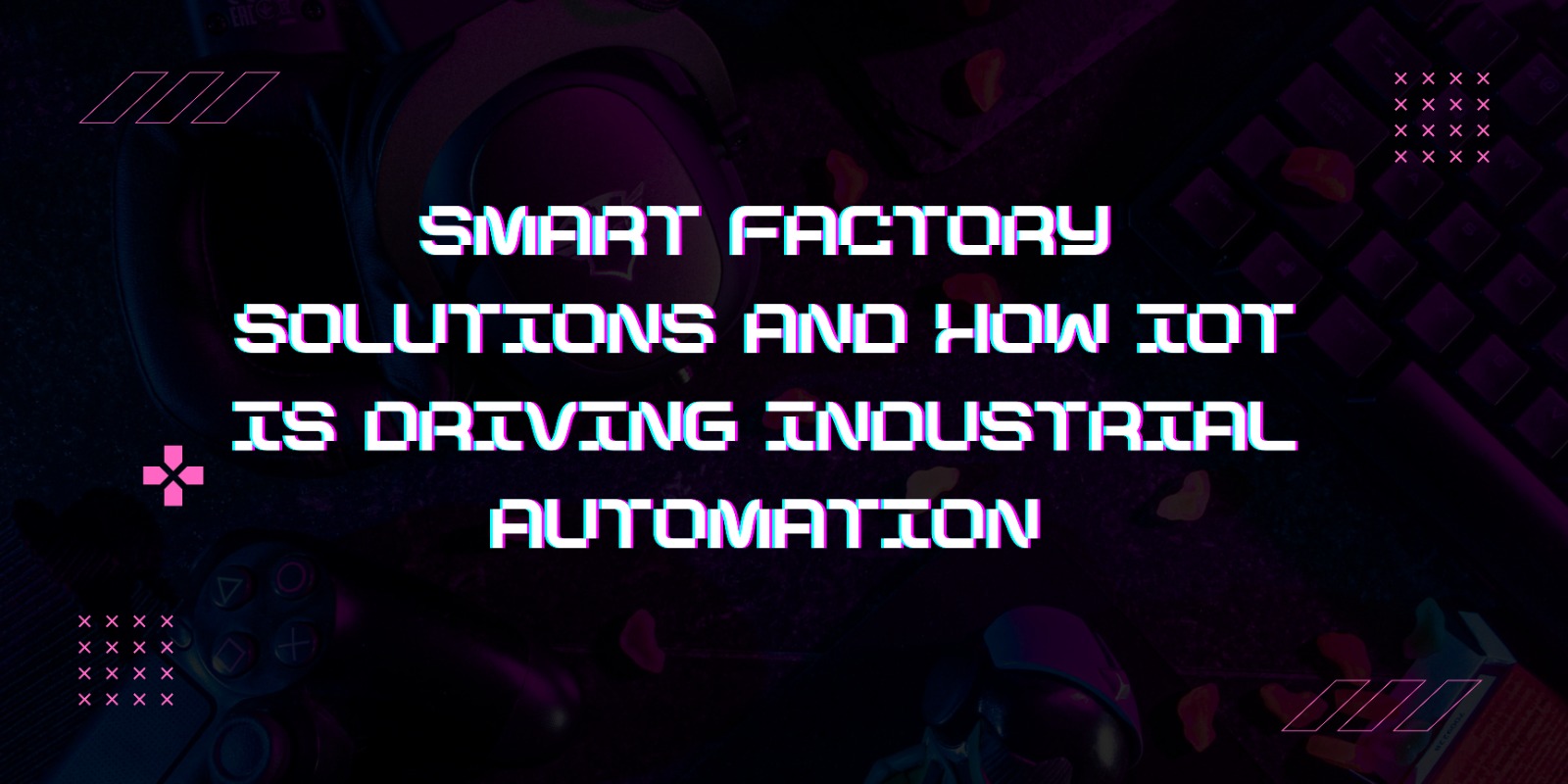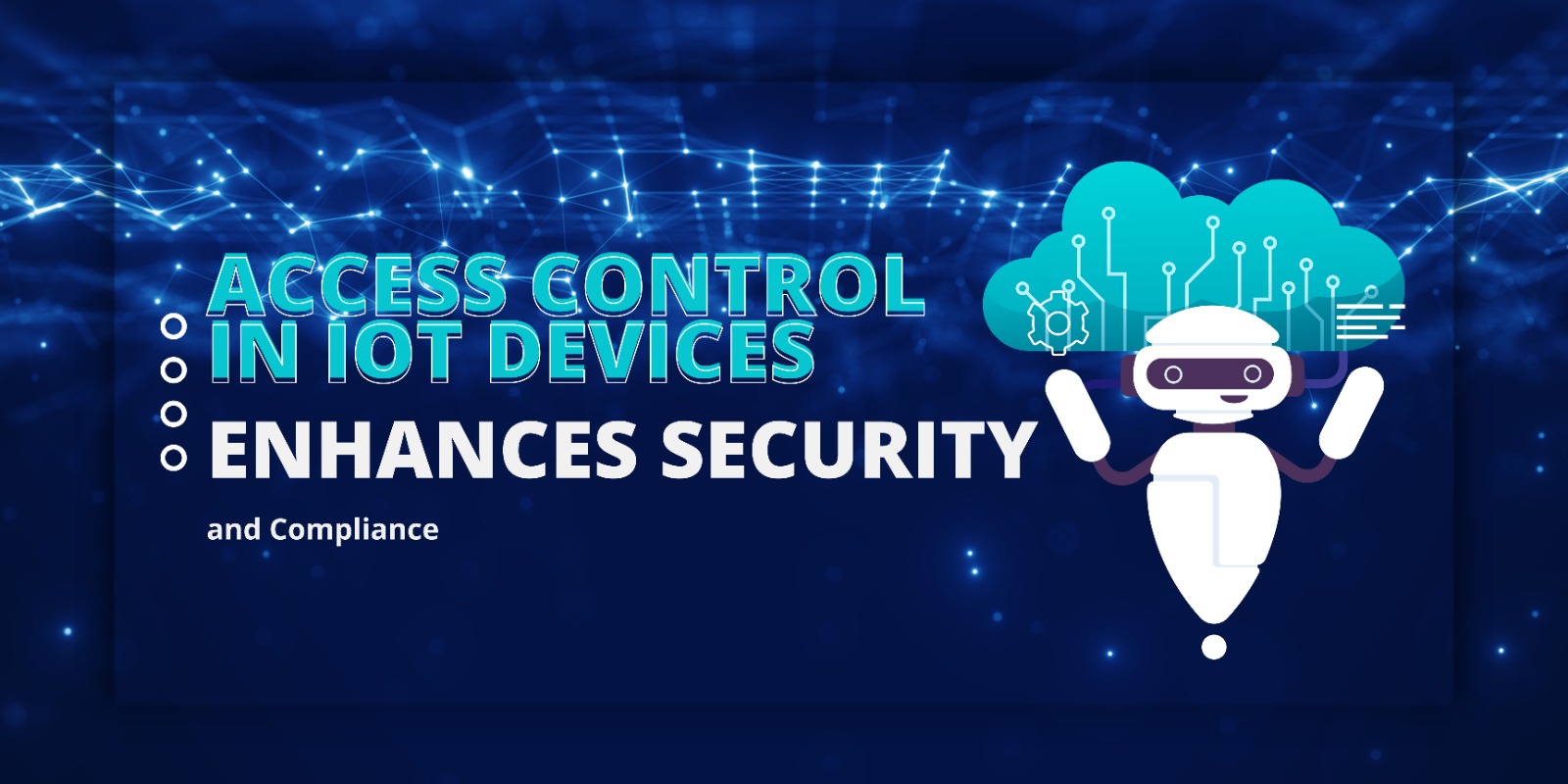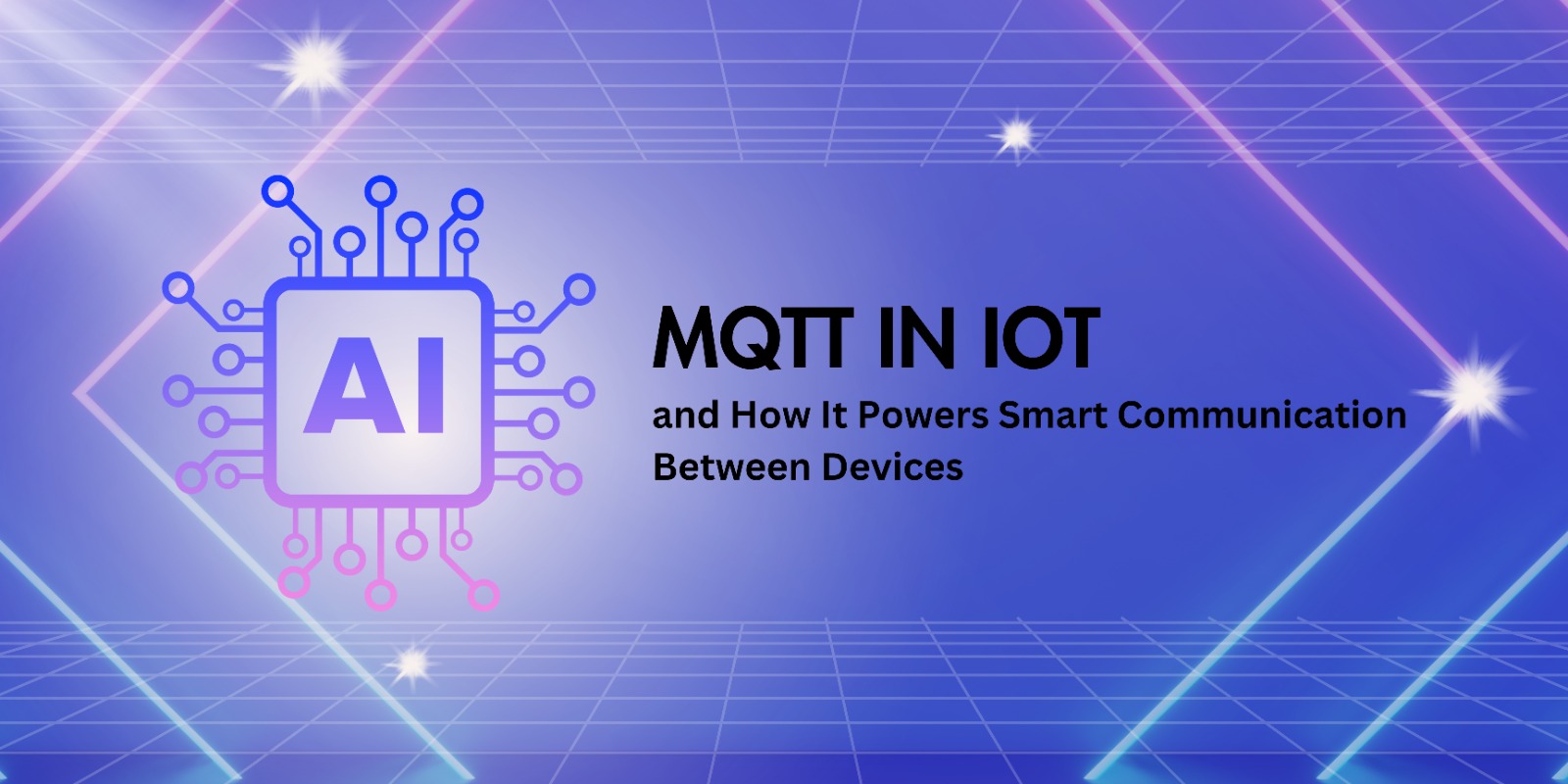Imagine walking into your home, and the lights adjust automatically to your preferred brightness. Your coffee machine starts brewing your favorite blend while your thermostat adjusts the temperature just the way you like it. Sounds futuristic? Welcome to the world of IoT device control in 2025—a world where devices not only respond to your needs but anticipate them, making your life smoother and more efficient than ever.
In 2025, IoT (Internet of Things) device control has undergone a remarkable transformation, combining cutting-edge technologies like AI, edge computing, and blockchain to create intelligent, secure, and highly adaptable systems. The changes are not just confined to homes; industries, healthcare, agriculture, and even urban infrastructure are leveraging IoT to unlock unprecedented levels of automation and connectivity. Let’s dive into how IoT device control has evolved, the groundbreaking updates shaping this field, and why companies like Aknitech Automation are leading the charge in redefining the way we interact with devices.
The Heart of IoT Device Control: What’s New in 2025?
Gone are the days when IoT device control was limited to simple on/off commands or basic automation. In 2025, the emphasis is on creating ecosystems where devices think, communicate, and act collaboratively. This shift is fueled by advancements in several key areas:

1. Real-Time Control with Edge Computing
Edge computing has redefined how IoT devices operate. Instead of relying on distant cloud servers, devices now process data locally, at the “edge” of the network. This means faster response times and reduced latency. For example, industrial sensors in a manufacturing plant can detect and address equipment anomalies in real-time, ensuring uninterrupted operations.
This technology is not just about speed; it’s also about reliability. Even in areas with limited internet connectivity, edge-enabled IoT devices can function seamlessly, ensuring critical systems remain operational. Whether it’s a self-driving car avoiding an obstacle or a medical device delivering real-time patient data, edge computing ensures IoT systems are both responsive and dependable.
2. Smarter Systems with AI and Machine Learning
Artificial Intelligence (AI) has taken IoT device control to new heights. Devices are no longer just tools; they are intelligent assistants capable of learning user behaviors and adapting to their needs. Imagine a smart irrigation system in agriculture that monitors soil moisture, predicts weather patterns, and adjusts watering schedules without human intervention. That’s the power of AI-driven IoT.
Machine Learning (ML) algorithms continuously improve device functionality by analyzing patterns and feedback. For example, an AI-enabled energy management system in a smart home can analyze electricity usage trends and optimize settings to reduce costs while maintaining comfort. These systems are not static; they evolve, becoming smarter with every interaction.
3. Interoperability: Breaking Barriers Between Devices
One of the biggest hurdles in IoT has been the lack of compatibility between devices from different manufacturers. In 2025, universal standards like Matter are bridging this gap. Whether it’s a smart speaker, a thermostat, or a security camera, devices now communicate effortlessly, creating cohesive and user-friendly ecosystems.
This interoperability extends beyond homes. In industrial settings, IoT platforms now enable diverse machinery and sensors to collaborate seamlessly, optimizing workflows and enhancing productivity. Companies like Aknitech Automation are leveraging these advancements to create integrated solutions for factories, warehouses, and more.
How IoT Device Control Impacts Our Lives
1. Smarter Homes That Work for You
Your home has become an intelligent partner. Lights, climate control, security systems, and entertainment devices now work together, responding to your routines and preferences. Need to set the perfect movie-night ambiance? A single command to your virtual assistant dims the lights, lowers the blinds, and starts your streaming service—all without lifting a finger.

2. Industrial IoT: Efficiency Like Never Before
In the industrial sector, IoT device control is revolutionizing production lines and supply chains. Predictive maintenance systems monitor machinery health, scheduling repairs before breakdowns occur. This minimizes downtime and maximizes efficiency. Advanced robotics, integrated with IoT, are automating repetitive tasks, freeing up human workers for higher-value roles.
3. Healthcare: Personalized and Precise
IoT has transformed healthcare delivery. Wearable devices monitor vital signs and alert medical professionals to potential issues in real-time. Remote surgeries using IoT-enabled robotic systems are becoming more precise, bridging geographical gaps in medical expertise. Smart hospital systems ensure that resources, from operating rooms to patient beds, are utilized efficiently, improving patient outcomes.
Security and Privacy: The Challenges of IoT Control
While the advancements are exciting, IoT device control isn’t without its challenges. With billions of devices connected globally, cybersecurity risks are a pressing concern. In 2025, blockchain technology is playing a critical role in addressing these vulnerabilities.
Blockchain creates a secure, decentralized framework for IoT networks. Each transaction or interaction is verified and logged, making it nearly impossible for hackers to manipulate data or gain unauthorized access. This is particularly crucial in sectors like healthcare and finance, where data integrity is paramount.
However, the responsibility doesn’t rest solely on technology. Users and organizations must adopt best practices, such as regular software updates, strong authentication measures, and robust encryption protocols, to keep IoT systems secure.
Why Companies Like Aknitech Automation Are Leading the Way
As IoT technology continues to evolve, the role of innovative companies like Aknitech Automation becomes increasingly significant. Specializing in industrial IoT solutions, Aknitech Automation is at the forefront of integrating advanced IoT control systems into complex environments. Their expertise in combining AI, edge computing, and secure connectivity ensures that businesses achieve greater efficiency, safety, and scalability.
For instance, Aknitech Automation has implemented smart factory solutions that allow manufacturers to monitor production in real-time, predict equipment failures, and optimize resource allocation. These systems not only boost productivity but also reduce environmental impact by minimizing waste and energy consumption.
The Road Ahead: What’s Next for IoT Device Control?
The future of IoT device control is brimming with possibilities. Emerging technologies like 6G connectivity and quantum computing promise even faster and more secure data transfer. Devices will become even more autonomous, capable of making collective decisions without human intervention.

Imagine smart cities where IoT systems control everything from traffic lights to waste management, creating urban environments that are efficient, sustainable, and responsive to residents’ needs. In healthcare, advancements in IoT could lead to personalized treatments tailored to an individual’s genetic profile, monitored and adjusted in real-time by connected devices.
Conclusion: A World of Limitless Possibilities
IoT device control in 2025 isn’t just about technology; it’s about creating experiences that enhance our lives and redefine how we interact with the world. From smarter homes and more efficient industries to life-saving healthcare innovations, IoT is transforming the ordinary into the extraordinary.
As we look ahead, the potential of IoT device control is limitless. With companies like Aknitech Automation driving innovation, we are on the brink of a future where technology doesn’t just serve us—it anticipates, adapts, and evolves with us. The question is no longer what IoT can do for us, but how far we can push its boundaries to shape a smarter, more connected world.

